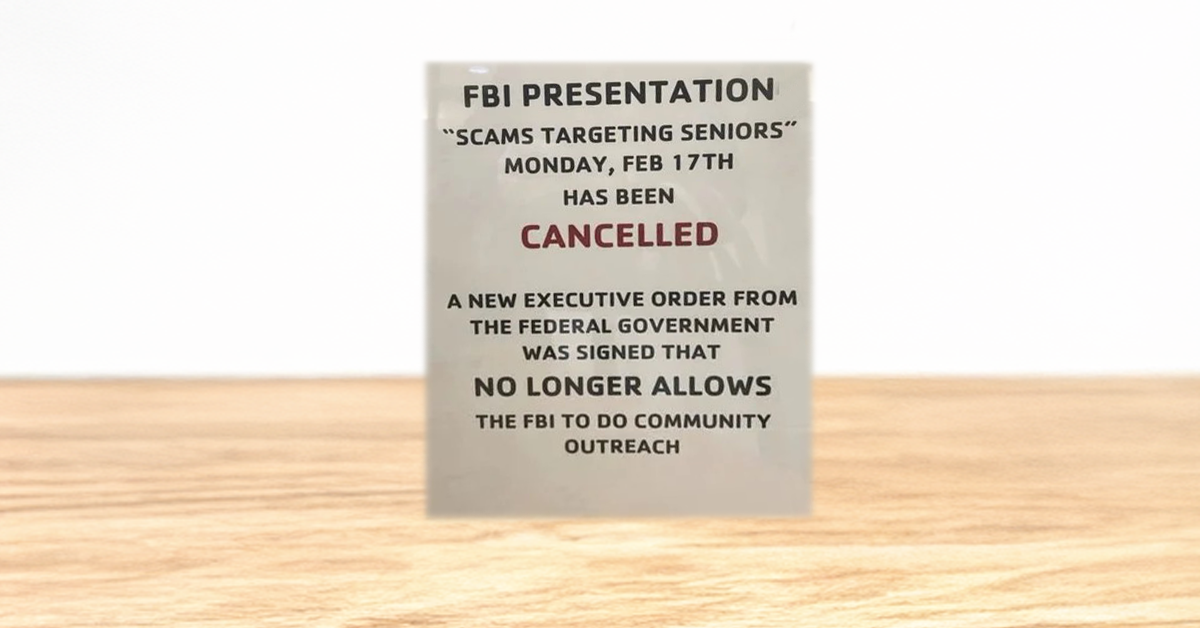
For years, businesses have assumed that if a cyberattack was serious enough, the government would step in.
That was never true.
And now, with recent budget cuts, limited resources, and an increasing volume of attacks, the federal government is even less equipped to help you.
The FBI and CISA issue warnings. They investigate after the damage is done. But when it comes to stopping an attack in real time?
You’re on your own.
There is no emergency response team coming to recover your stolen data. No government hotline that will reverse a fraudulent wire transfer.
When your business is locked down, you either have a plan—or you don’t.
The U.S. Is in the Crosshairs—And That Means You Are Too
With escalating tensions with Russia and China, the U.S. is becoming an even bigger target for cyberattacks. Whether it’s state-sponsored hacking groups or cybercriminals just trying to make a living, attacks are ramping up—and businesses like yours are in the line of fire.
And this time, they aren’t just going after government agencies and major corporations.
They’re coming for any business they can exploit.
Russian Ransomware Gangs Are Desperate for Cash
The U.S., U.K., and Australia just sanctioned a Russian web-hosting provider for supporting LockBit—one of the most destructive ransomware groups in history.
Since 2019, LockBit has extorted over $120 million from businesses across the world, crippling hospitals, financial institutions, and local governments.
And now? Russia’s cybercriminal ecosystem is under financial pressure.
With increased sanctions, crackdowns, and restricted financial access, ransomware gangs are getting more aggressive—because they need money to survive.
If you think your business is too small to be a target, you’re exactly what they’re looking for.
China-Backed Hackers Are Laying the Groundwork for a Major Attack
While Russian hackers are focused on quick payouts, China is playing the long game.
According to CISA, NSA, and FBI, a China-backed cyber group known as Volt Typhoon has been silently infiltrating U.S. critical infrastructure for years.
They aren’t just looking for data. They are pre-positioning themselves to launch disruptive attacks in the event of a geopolitical conflict.
Here’s what they’re doing right now:
- Gaining access to critical infrastructure networks in communications, energy, transportation, and water systems.
- Exploiting vulnerabilities in routers, VPNs, and firewalls to establish long-term persistence.
- Using stealth tactics to blend into normal traffic and avoid detection.
And they aren’t going away.
Some Volt Typhoon compromises have lasted over five years without being detected.
If You Are Only Doing Internal Security Audits, You’re Doing Exactly What Hackers Want
Most businesses depend on their internal IT teams to audit security. But here’s the problem: this approach leaves dangerous blind spots.
Cybercriminals count on these gaps—because the easiest systems to break into are the ones that assume they are secure.
If you are relying on internal audits alone, you are doing exactly what the Russians and Chinese want: leaving holes in your defenses.
There is no second chance once they get in.
If you haven’t had a full third-party cybersecurity assessment—including a penetration test, now is the time.



